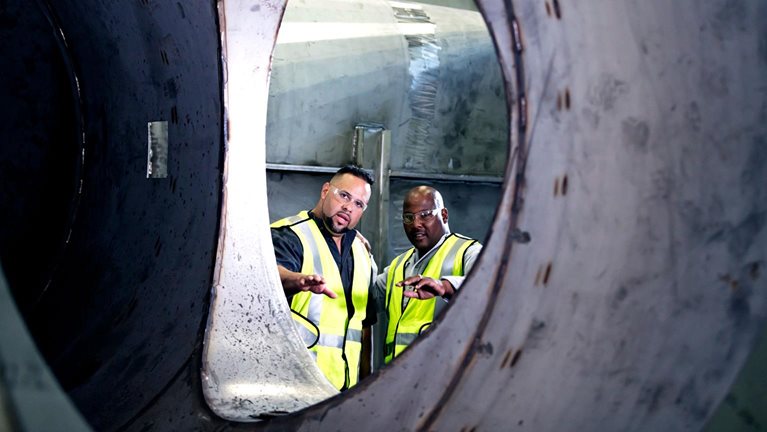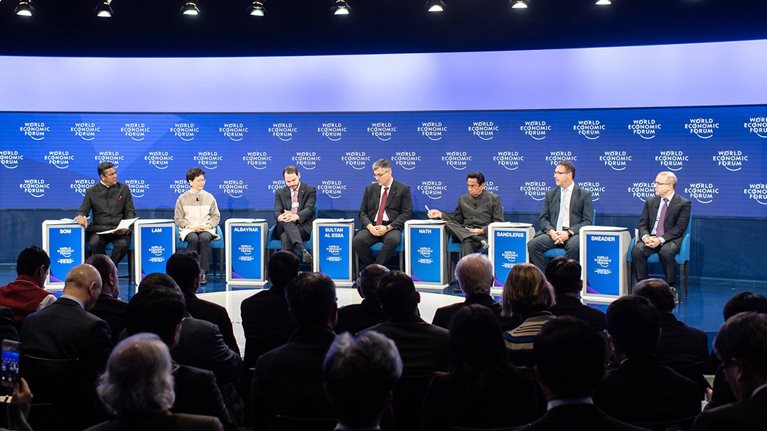Every year, the World Economic Forum Annual Meeting brings together top decision-makers from government, business, and civil society to address major global issues and priorities for the year ahead. At the Annual Meeting 2026, which took place in Davos, Switzerland, from January 19 to January 23, leaders from around the globe convened under the theme A Spirit of Dialogue, centered around the following priorities:
- Cooperation in a more contested world
- Deploying innovation at scale and responsibly
- Unlocking new sources of growth
- Building prosperity within planetary boundaries
- Investing in people
As a strategic partner to the World Economic Forum, McKinsey and our Davos 2026 delegates engaged in constructive, forward-looking dialogues to identify impact-oriented solutions around these key topics.
McKinsey Priority Themes
Agentic AI Transformation: Capturing the full potential of AI’s reimagine moment: Harnessing the new tech to rewire companies and industries
21st Century Leadership: Developing tomorrow’s leaders today: Helping companies shape 21st century leaders at speed and scale
Geopolitics: Breaking through uncertainty: Building tomorrow’s companies amid today’s shifting geopolitics
Resilience and Growth: Building the resilience muscle for growth and innovation: Optimizing operating models to strengthen leaders, companies, and countries
Brain Economy: Stronger brains in the age of AI: Unlocking human potential for healthier, more resilient, and prosperous societies
























